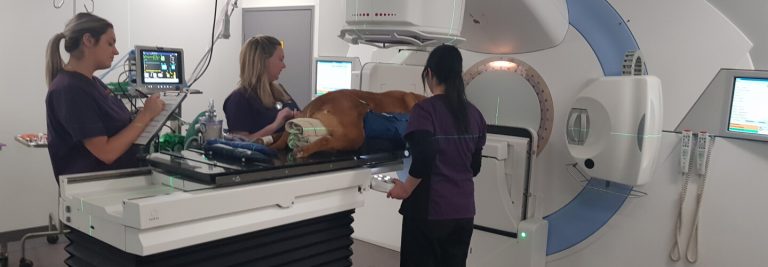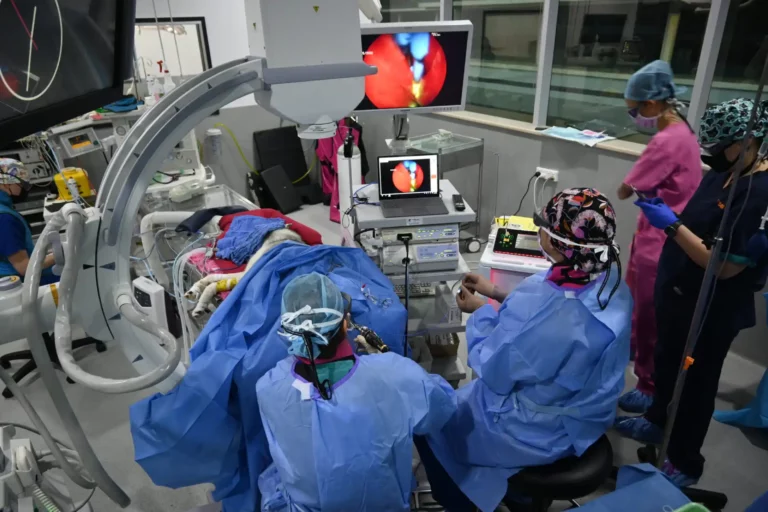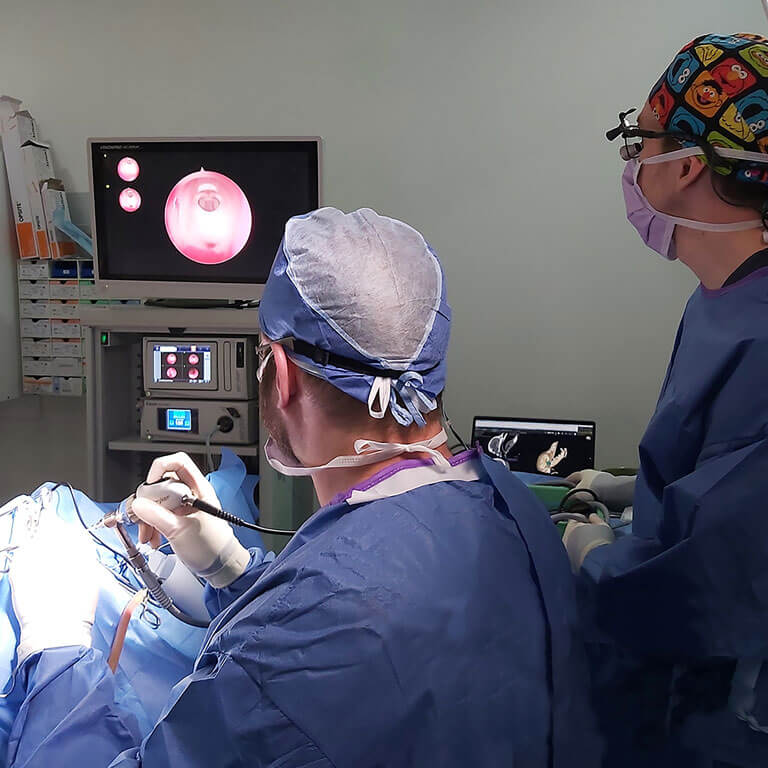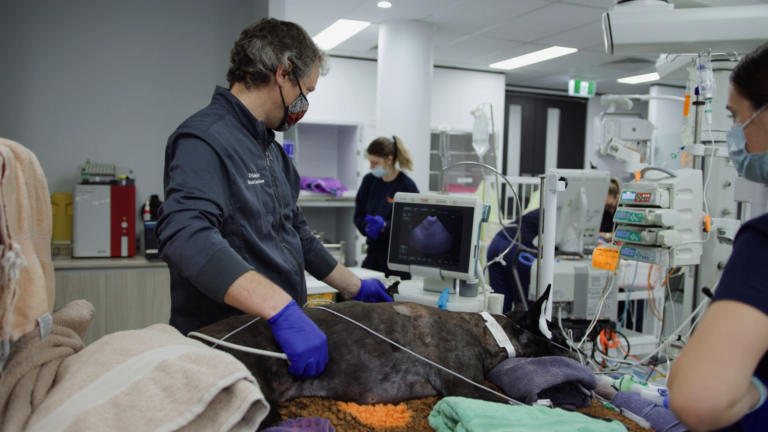Why does SASH do clinical research?
SASH is committed to providing the best quality care to pets and their owners.
Much like clinical research in human medicine, veterinary clinical research is an essential part of improving future patient care and outcomes. Many of the methods and treatments used at SASH, and other veterinary hospitals, have come from various forms of veterinary research. Although SASH practices today’s best available veterinary medicine, using the latest equipment, it is also expected that further improvements can be made through continuous research. Through research, we are able to identify the best tests and treatments for our much loved pets.
SASH is the largest veterinary specialist hospital in Australia. We have the combined expertise of around 50 veterinary specialists including neurology, imaging, anaesthesia, critical care and rehabilitation, which are rarely found elsewhere. With SASH’s dedication to high quality patient care and seeking out industry leading veterinarians and scientists from across the world, SASH is at the forefront of veterinary care. In turn, this attracts thousands of cases per month.
With the combination of the expertise of the SASH team and the high number of patients see, SASH is in a unique position to carry out no harm research. We aim to contribute to improving the care veterinarians can provide for pets throughout Australia.
Clinical research at SASH
SASH conducts no harm research which is undertaken following ethics approval. The inclusion of patients in studies is on a voluntary basis and done following consultation and with the approval of pet owners.
SASH’s primary duty is to pets and pet owners. As such, it is important to note that patient care is paramount and will always take precedence over research needs.
SASH is accredited as a veterinary research establishment, and all prospective research is approved by an external ethics committee.
Our research is lead by Dr Joanna White, who holds a PhD, a Masters of Veterinary Science majoring in Veterinary Epidemiology and is a registered Small Animal Internal Medicine Specialist. Joanna is experienced in research study design, has been published in a number of leading veterinary journals, is an examiner at Fellowship level for the Australasian College of Veterinary Scientists in both internal and feline medicine and is currently Australia’s representative on the International Renal Interest Society. Research at SASH is supported by global animal health companies, such as IDEXX and charities such as the Australian Companion Animal Health Foundation (ACAHF), part of the Australian Small Animal Veterinary Association and the Australian College of Veterinary Science specialist’s training grants.
Examples of SASH clinical research
Medicine
- Improved use of antibiotics to treat urinary tract infections (cystitis) to guide clinical decision making.
- Investigating the link between age and risk of dehydration in cats. This may help reduce health issues associated with older cats during hot Australian summers.
- Optimising the use of radioactive iodine to treat hyperthryoidism, a very common hormonal problem in cats. This research aims to improve long term outcomes.
- Determining the impact of general anaesthetic on kidney function of cats with chronic kidney disease.
- Identifying risk factors associated with kidney stones, to help prevent this serious and painful condition in pets.
Surgery
- World first research investigating the impact Double Pelvic Osteotomy (DPO), a form of surgery, for the treatment for canine hip dysplasia.
Rehabilitation
- Using exercise tolerance testing as a predictor of quality of life and survival in cancer patients.
Ophthalmology
- The use of how advanced imaging such as MRI and CT can be used to differentiate between causes of orbital disease, a condition that affects the eye socket.
Oncology
- The use of a combination of two chemotherapy medications and its effects in treating aggressive mast cell tumours.




